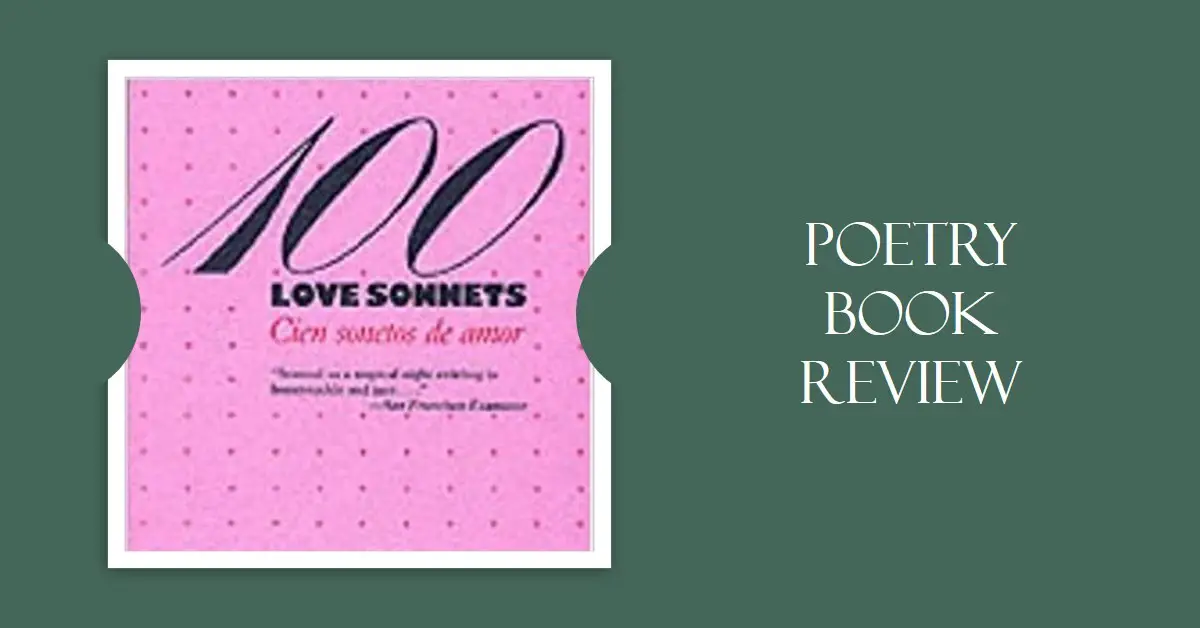How To Write A Poetry Book Review
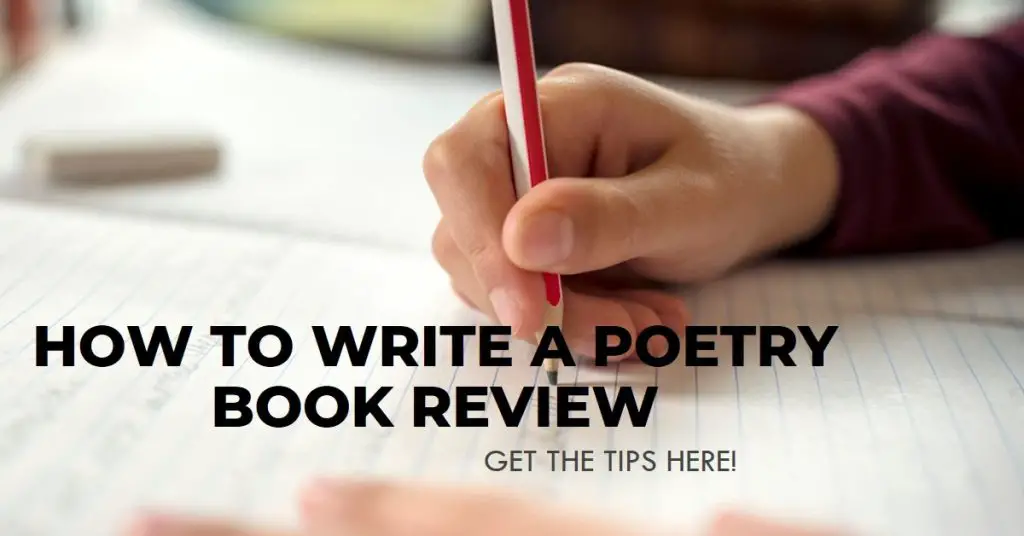
How to Write a Poetry Book Review
When reviewing a poetry book, there’s more to it than just expressing your opinions.
To write an effective review, you must carefully analyze the elements of the poetry collection, including its themes, figures of speech, and cultural context.
This process requires thoughtful consideration and attention to detail. This blog post will guide you through writing a poetry book review.
Whether you’re a literature student or simply someone who loves reading and analyzing poetry collections, our step-by-step guide will help you develop a comprehensive understanding of how to write a helpful review that captures all the essential aspects of the group.
So grab your notepad and pen, and let’s get started!
Understanding The Poetry Selections
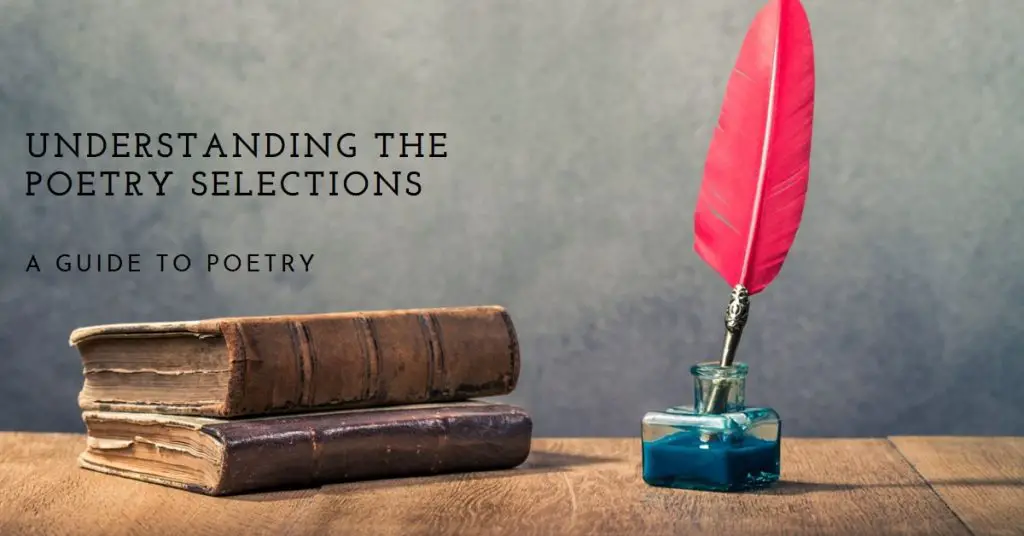
Writing poetry book reviews is one way to sharpen your skills in understanding poetry.
A poetry book review allows you to engage with different poetic styles, themes, and literary devices poets use.
It also allows you to share your thoughts on a particular poem or collection with others with similar interests.
To begin writing a successful poetry book review, it’s essential first to read the selected poems carefully.
Take note of any recurring themes or symbols throughout the collection and try to identify any unique perspectives the poet presents.
Exploring Central Themes and Messages
One crucial aspect to consider when reviewing a poetry book is the central theme or message conveyed by the author.
This may include exploring identity, social justice, love, loss, or spirituality.
By identifying these themes and analyzing how they are developed throughout the collection of poems, readers can better understand the individual lyrics and their collective impact.
In addition to exploring central themes and messages in a poetry book review, it is also essential to note any unique stylistic choices made by the author.
Interpreting The Author’s Purpose
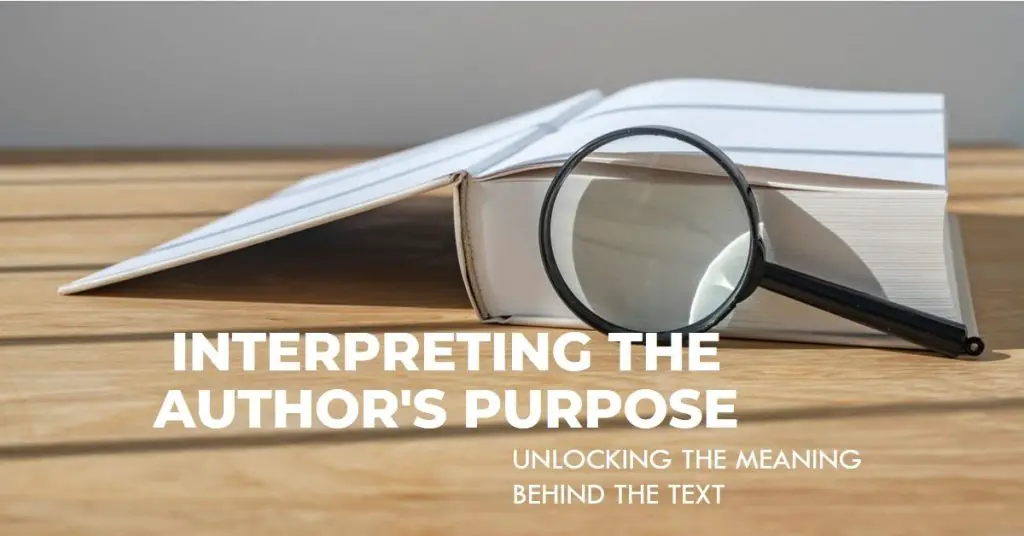
Interpreting the author’s purpose is crucial to writing a poetry book review.
Understanding why the poet wrote their work and what they intended to convey to readers can help you evaluate the quality and impact of their poems.
To accurately interpret the author’s purpose, you need to understand literary devices, themes, and symbolism in-depth.
When analyzing a poem for its purpose, begin by examining its structure and form. Pay attention to things like rhyme scheme, meter, and stanza length.
These elements can provide clues as to what the poet was trying to achieve with their writing. Next, explore the themes that emerge from the poem.
Ask yourself questions about what message or emotion the poet is trying to communicate through their words. Consider how they use imagery and symbolism to convey these ideas.
Evaluating The Poetic Elements

Evaluating poetry as an art form can be a challenging task. When reviewing a poetry book, it is essential to understand the poetic elements that make up the work.
To begin with, you should look for an overarching theme or message the poem conveys.
This may be evident in the title, but you should consider how each poem contributes to this overall message.
Another crucial element of poetry is its use of language.
A poet’s choice of words and phrasing can significantly impact the meaning and effectiveness of their work.
As you review a poetry book, pay close attention to how language is used in each poem.
Look for poetic devices such as metaphors, similes, imagery, and symbolism that enhance the reader’s understanding and emotional connection to the text.
Finally, consider the structure and form of each poem within the collection.
Analyzing the Form and Structure
Analyzing the form and structure of a poetry book is essential for writing a helpful review.
A good review not only praises the poet’s work but also provides insight into their style, themes, and literary devices used.
Before starting to write a review, reading the book thoroughly and taking notes on the individual poems is essential.
When analyzing poetry books, one must pay attention to the book’s overall structure. Does it have a clear narrative arc or thematic progression?
Is there a unifying theme that ties all of the poems together?
One should also look at how individual poems are structured – what form they take (sonnet, haiku, free verse), what meter and rhyme scheme they use (if any), and how does this contribute to their meaning?
Exploring Figures of Speech
When writing poetry book reviews, incorporating figures of speech can elevate the quality and depth of your writing.
Figures of speech are literary devices that add a layer of meaning to words and phrases beyond their literal interpretations.
They can evoke emotion and create vivid imagery in the reader’s mind, making your review more engaging.
One commonly used figure of speech is a metaphor, which compares two seemingly unrelated things for emphasis or clarification.
For example, “her heart was a fragile glass vase” creates an image that conveys vulnerability in the reader’s mind.
Another popular device is a simile, which compares two things but uses “like” or “as” to make the comparison.
For instance, “his eyes were as blue as the ocean” evokes a specific hue and tone for readers to imagine.
Using personification is another effective way to incorporate figures of speech into your poetry book review.
Examining Historical And Cultural Context
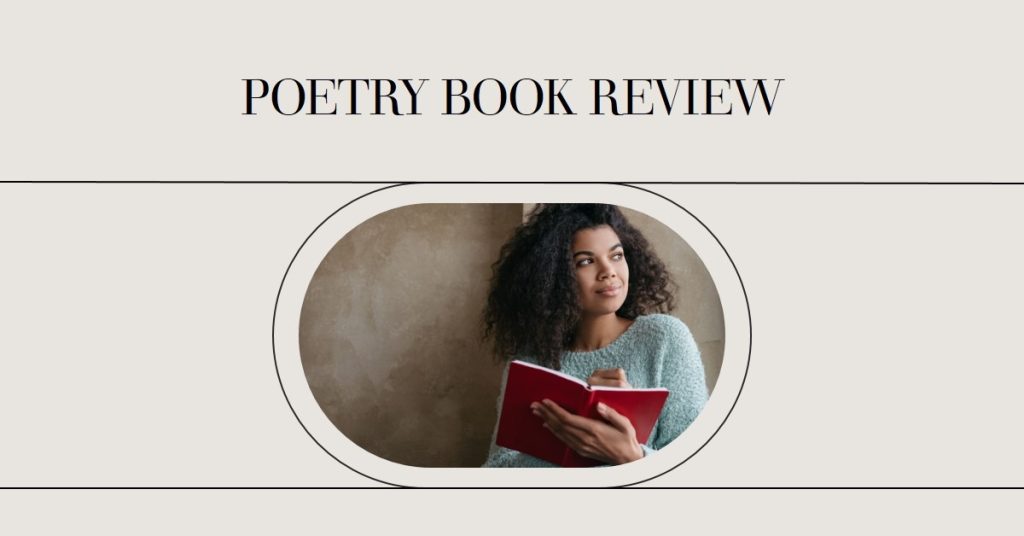
Examining the historical and cultural context surrounding the collection of poems is essential.
This means looking beyond the words on the page and understanding how they fit into a larger societal framework.
By examining the historical and cultural context, reviewers can gain insight into the author’s intentions and how their work has been received by critics and readers alike.
One way to explore historical context is to research significant events or movements occurring when the poetry was written.
For example, reviewing a book of poems published during America’s Civil Rights Movement of the 1960s would be relevant to evaluate how themes of social justice or equality are addressed in each piece.
Establishing Historical Relevance
Establishing historical relevance is an essential element of any poetry book review.
As a reviewer, it is essential to understand the context in which the poet wrote and their literary influences and impact on the genre.
This requires a deep understanding of literary history and identifying historical trends and movements.
It is also important to provide readers with background information about the poet’s life and work.
This includes their education, career path, and any notable achievements or awards they may have received.
Additionally, it is essential to consider the social and political climate of the period in which the poet lived and worked to provide readers with a broader understanding of their work.
Finally, establishing historical relevance also involves analyzing how a poet’s work has impacted the genre.
This includes identifying stylistic innovations or themes that have influenced other poets or movements throughout history.
Providing Background Information
If you are new to writing poetry book reviews, it can be challenging to know where to begin.
Before diving into the review, providing some background information about the poet and their work is essential.
This will give your readers context and insight into what they can expect from the book.
The first step in providing background information is to research the poet. Please look at their previous works, any awards they have won, and their writing style.
This will help you understand the poet’s perspective and what themes they tend to explore in their writing.
Once you understand the poet’s background, it is time to dive into the book itself. Read through each poem carefully and note any recurring themes or motifs.
Consider how these elements contribute to the overall message of the collection and how they relate to current events or social issues.
Final Thoughts On How To Write A Poetry Book Review

In conclusion, writing a poetry book review requires careful attention to the work’s literary elements.
A good review should offer insightful analysis and critique while remaining accessible to readers unfamiliar with poetry.
Consider the author’s intent, themes, and form when crafting your review.
Don’t be afraid to offer your honest opinion, but ensure that it is backed up by evidence from the text.
By following these guidelines, you can write a compelling poetry book review that will engage readers and inspire them to explore new works of literature. Happy reviewing!

